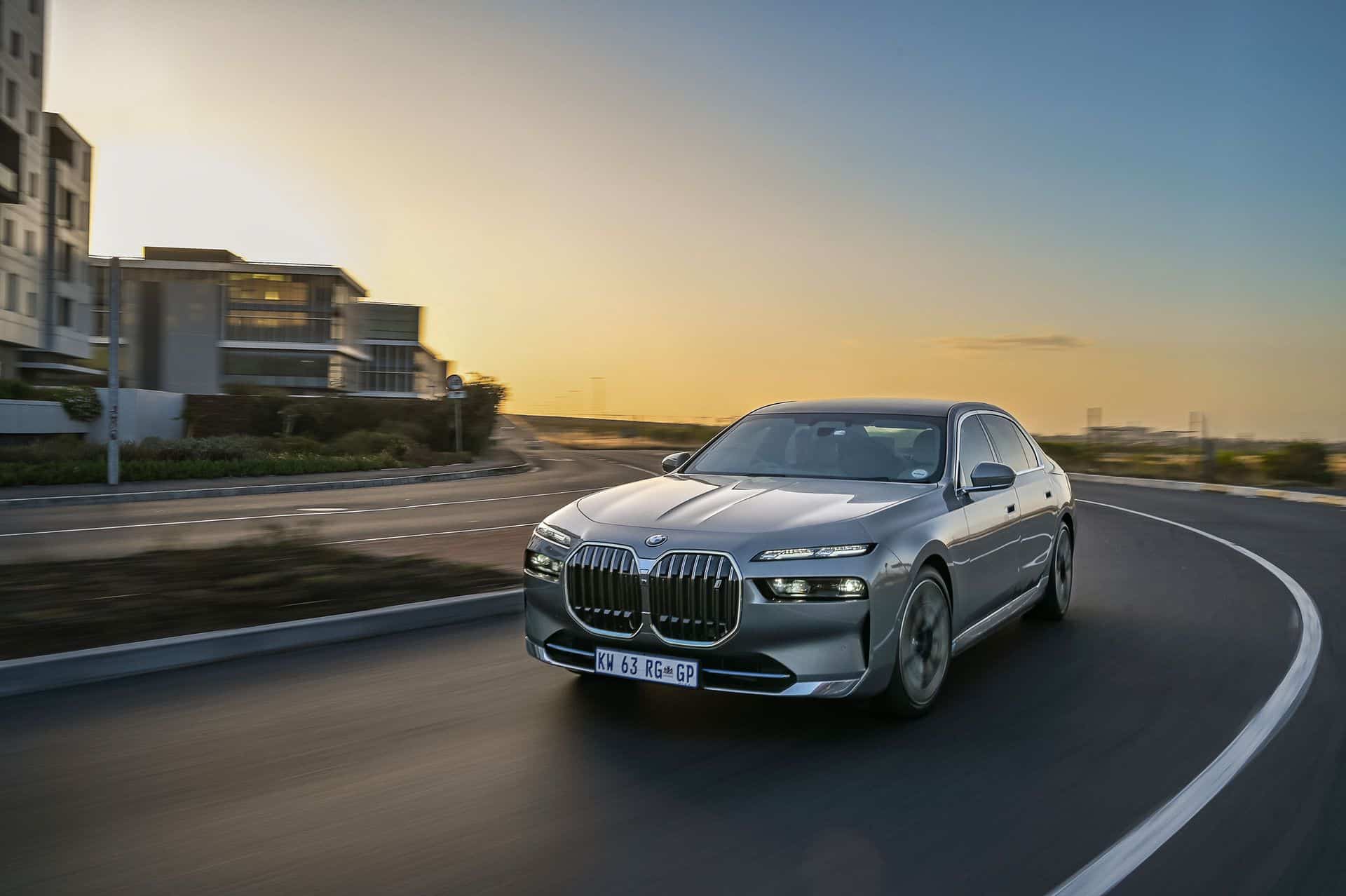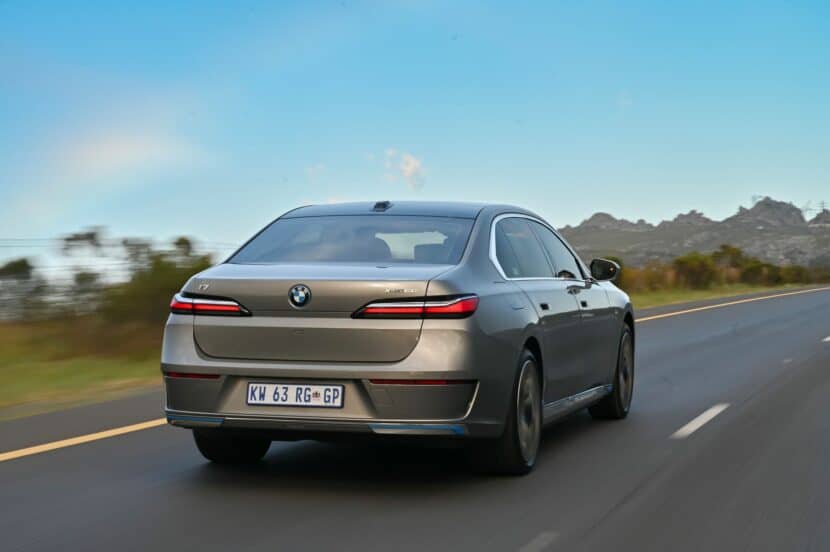When I first started writing about cars for a living, electric cars were still a novelty. Most EVs were lame hatchbacks, like Nissan Leafs and Chevy Bolts. Then Tesla smashed the EV scene wide open with the Model S. At the time, 200 miles of range was the golden number, it’s what all EV brands wished they could achieve but Tesla was the only one that could. Now, that number is 400 miles, as per usual, Tesla was the first to break through that barrier. Now, though, other automakers have caught up and it seems that BMW is one of them, as the BMW i7 just proved it can reach 631 kilometers (392 miles) of range in this new video from Bjørn Nyland.
Nyland drove the BMW i7 in Thailand and spend a few hundred kilometers with it on the highway. While he didn’t deplete the battery’s range, thus not truly achieving a full 631 kilometers, he did achieve an average of 160 watt-hours per kilometer. If you take the full battery capacity of the BMW i7—101 usable kWh—and divide it by that 160 wh/km, you get 631 km, as Nyland rightly points out. Does that mean the BMW i7 can always achieve that sort of range? No but it means that the i7 is capable of achieving that range if given the right circumstances.
It must also be said that Nyland didn’t exactly have ideal circumstances. He drove the i7 in quite hot weather, thus forcing him to use the air conditioning quite a bit. He also pre-conditioned the car when he parked it, so it stayed cool inside for when he returned to it. So he used quite a bit of juice just to keep the car cool, thus diminishing its efficiency.
Given all of that, it will be interesting to see just how far the BMW i7 can go on a single battery charge in real world circumstances. The BMW iX has already proven to be surprisingly efficient, so it wouldn’t surprise me to see the i7 be just as efficient. So while Tesla and Lucid might have further ranges at their top ends, BMW is breaking into the 400 mile-range, which is a huge step in the right direction for the Bavarians.






































































